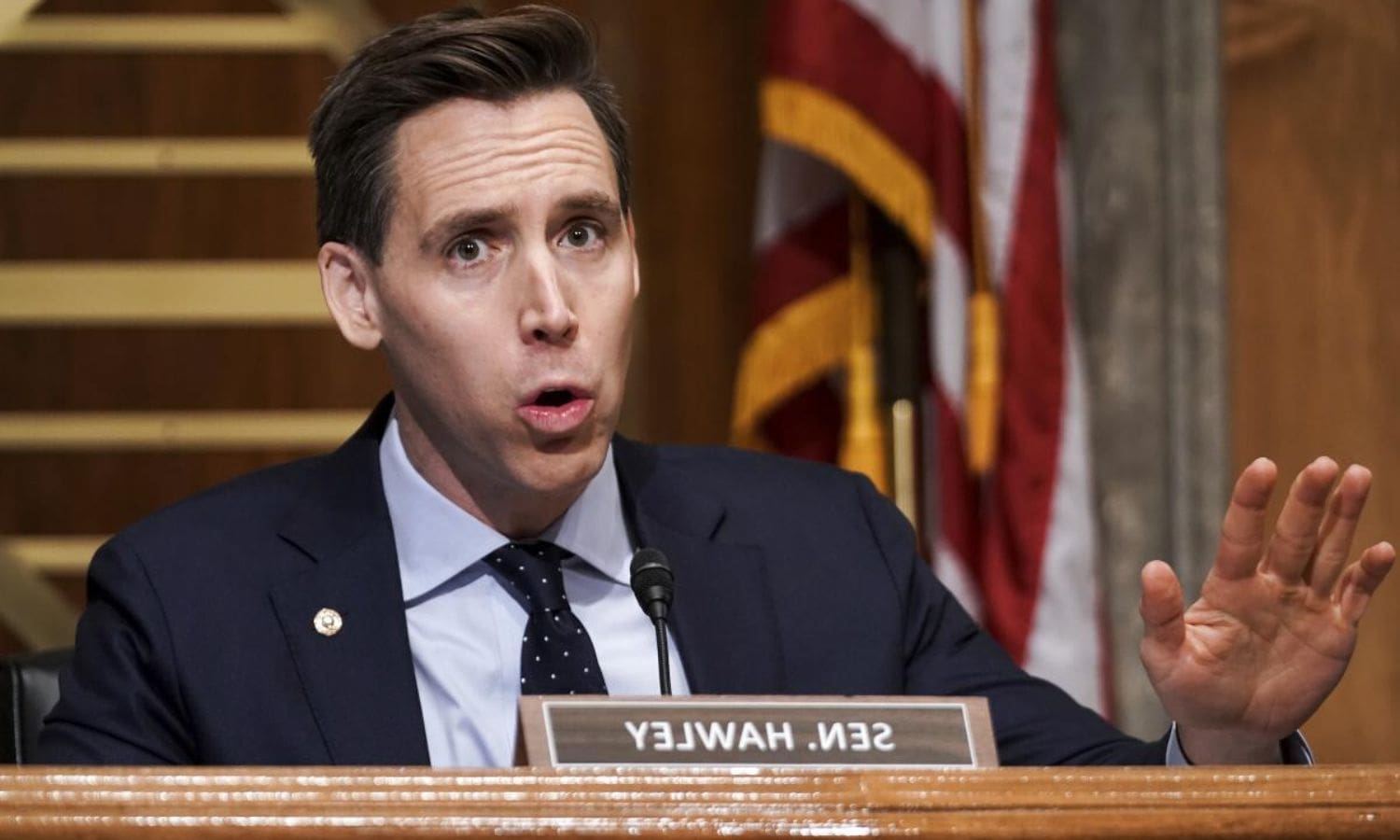San Jose New Rules Against Foreign: San Jose, California has recently implemented groundbreaking campaign finance policies aimed at curbing foreign-influenced donations.
This article provides an analysis of the policy’s objectives and effective date, as well as concerns and potential loopholes.
By defining the concept of foreign influence and placing it within the national and local context, readers will gain a comprehensive understanding of the significance and implications of San Jose’s new rules against foreign-influenced donations.
Key Takeaways Of San Jose New Rules Against Foreign
- San Jose’s groundbreaking campaign finance policy aims to prevent foreign-influenced corporations from making political contributions in local elections.
- The policy becomes effective 30 days before the March 5 primary elections and prohibits donations from foreign individuals or entities while requiring disclosure of potential foreign connections or financial support.
- Enhanced transparency measures are implemented, including the requirement for candidates and campaigns to disclose potential foreign connections or financial support, promoting transparency and accountability in the electoral process.
- There is a potential loophole that allows foreign companies with domestic subsidiaries to contribute through U.S. citizens or permanent residents, raising concerns about indirect foreign influence on local elections and policies.


Also Read: Silicon Valley Representative Eshoo Throws Support Behind Simitian’s Congressional Bid
San Jose’s Groundbreaking Campaign Finance Policy
San Jose’s groundbreaking campaign finance policy aims to thwart foreign-influenced corporations from making political contributions in local elections. This new policy, unanimously approved by the San Jose City Council, seeks to protect the integrity of the city’s democratic process by ensuring that local elections are free from the influence of foreign entities.
The policy will prohibit corporations that have a certain level of foreign ownership or control from making contributions to candidates or committees involved in local elections. By imposing these restrictions, San Jose hopes to safeguard the decision-making power of its residents and prevent outside interests from unduly influencing the outcome of local elections.
This campaign finance policy represents a significant step towards maintaining a fair and transparent electoral process that is free from foreign interference.
Policy’s Aim and Effective Date
The aim of this policy, which becomes effective 30 days before the March 5 primary elections, is to ensure that election outcomes reflect the will of local residents by addressing concerns about foreign entities influencing local elections.
To achieve this objective, the policy includes the following provisions:
- Prohibition of donations from foreign individuals or entities: The policy strictly prohibits any form of financial contribution from foreign sources, ensuring that only local residents have a say in funding local campaigns.
- Enhanced transparency measures: The policy requires candidates and campaigns to disclose any potential foreign connections or financial support they may receive, promoting transparency and accountability in the electoral process.
- Robust enforcement mechanisms: The policy establishes mechanisms to monitor and investigate potential violations, with severe penalties for those found in violation of the rules.
- Education and awareness campaigns: The policy aims to educate the public about the importance of safeguarding local elections from foreign influence, fostering a sense of civic responsibility among residents.


Loophole and Concerns
One major concern regarding San Jose’s new rules against foreign-influenced donations is the potential loophole that allows foreign companies with domestic subsidiaries to contribute through U.S. citizens or permanent residents. This loophole raises concerns because it enables foreign entities to indirectly influence local elections and policies.
The policy’s aim to address foreign influence on donations becomes less effective if this loophole is not addressed. The significant foreign ownership of U.S. stocks, especially in Silicon Valley, further intensifies these concerns. Foreign companies with domestic subsidiaries can easily exploit this loophole by funneling money through their U.S. employees or stakeholders, thereby circumventing the intent of the policy.
To ensure the effectiveness of the new rules, it is crucial for lawmakers to address this potential loophole and implement measures that prevent foreign entities from exerting undue influence on local politics through indirect means.
Defining Foreign Influence
Foreign influence is a significant concern in San Jose’s new rules against donations, as it poses potential risks to local elections and policies. To better understand the concept of foreign influence, the following points help define its scope and impact:
- Ownership criteria: San Jose’s definition includes restrictions on political expenditures for nearly every member of the S&P 500, including major tech companies like Apple, Alphabet (Google), and Meta. This recognizes the influence that foreign-owned corporations may have on local politics.
- Financial backing: Foreign influence can manifest through financial contributions, where foreign entities or individuals provide funds to support specific candidates or campaigns. San Jose’s rules aim to limit such contributions to ensure local decision-making remains free from undue external influence.
- Lobbying and advocacy: Foreign influence can also be exerted through lobbying efforts and advocacy campaigns. These activities, when driven by foreign entities, may seek to shape local policies in favor of their interests, potentially undermining the democratic process.
- Cybersecurity threats: Foreign influence can extend to cyber attacks and disinformation campaigns aimed at manipulating public opinion or disrupting elections. San Jose’s rules aim to protect against these threats by promoting transparency and addressing potential vulnerabilities.
National and Local Context:
Taking into account the previous discussion on the definition of foreign influence, how does the national and local context shape San Jose’s new rules against foreign-influenced donations? San Jose’s new rules against foreign-influenced donations are influenced by both national and local factors. Nationally, there is a growing concern about the influence of foreign corporate money in elections. Similar policies have been implemented in St. Petersburg, Florida, and Seattle, Washington, indicating a nationwide effort to address this threat.
Locally, the rules are a response to the 2020 San Jose mayoral race, where there were concerns about foreign donations influencing the outcome. These rules have gained support from legal experts and organizations, highlighting the importance of safeguarding local democracy. The table below provides an overview of the national and local context shaping San Jose’s new rules against foreign-influenced donations.
| National Context | Local Context |
|---|---|
| Growing concern about foreign corporate money in elections | Concerns about foreign donations influencing the 2020 San Jose mayoral race |
| Similar policies in place in St. Petersburg, Florida, and Seattle, Washington | Support from legal experts and organizations |
| Nationwide effort to address the threat of foreign influence | Crucial victory for safeguarding local democracy |
Incorporating both national and local factors allows San Jose to create rules that are tailored to their specific context while aligning with broader efforts to combat the influence of foreign money in elections.


Conclusion Of San Jose New Rules Against Foreign
San Jose’s new rules against foreign-influenced donations represent a groundbreaking campaign finance policy. The aim of this policy is to prevent foreign entities from unduly influencing local elections.
The policy is set to take effect soon, but concerns have been raised regarding potential loopholes. It is crucial to define what constitutes foreign influence in order to effectively implement and enforce these regulations.
These rules are significant in both the national and local contexts, as they address an important issue in campaign financing.

